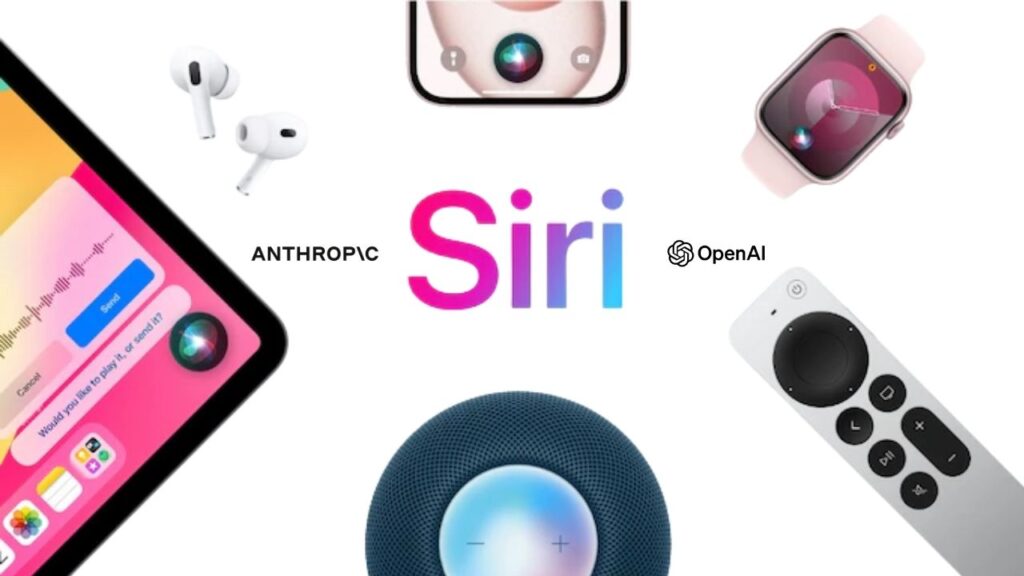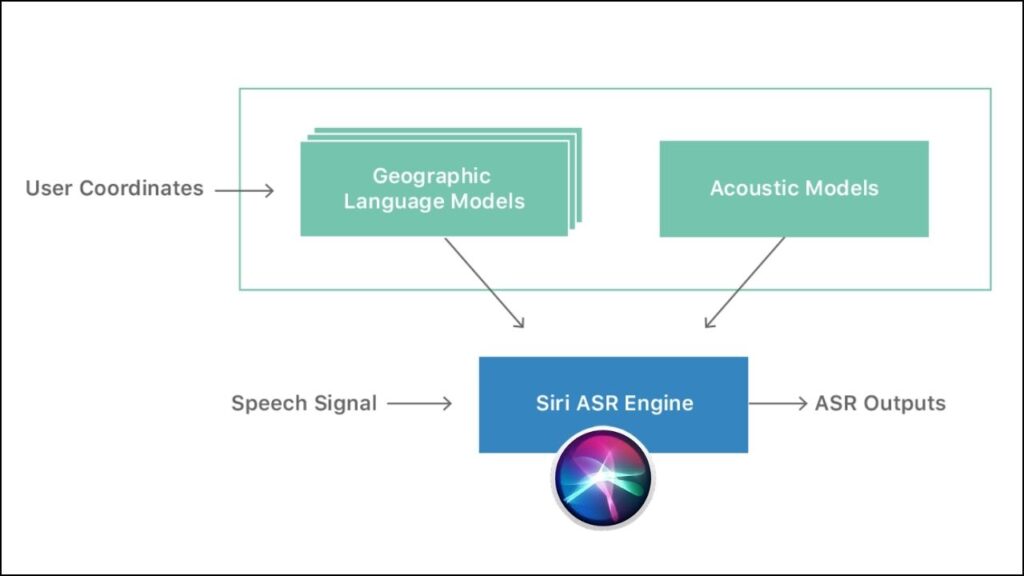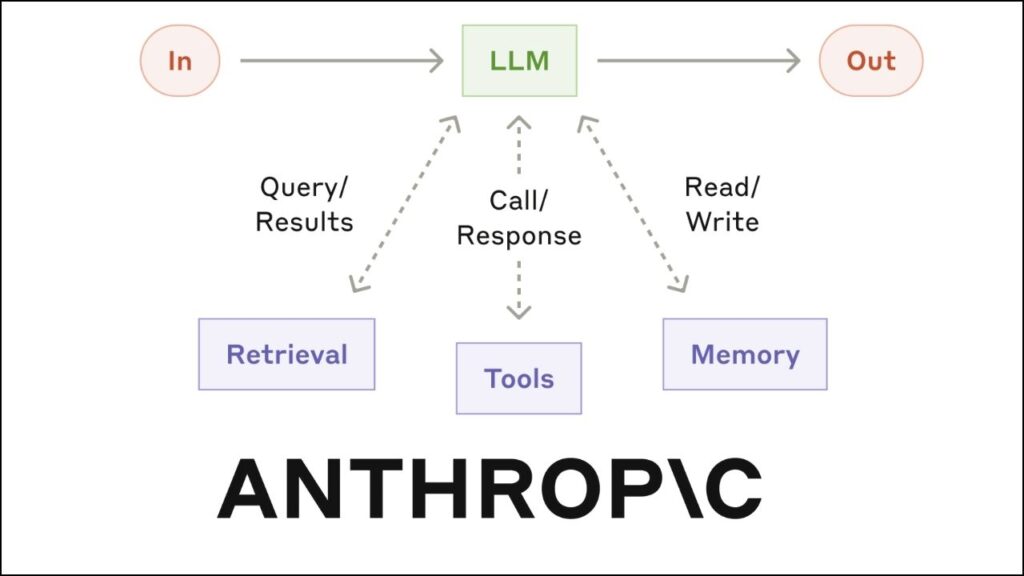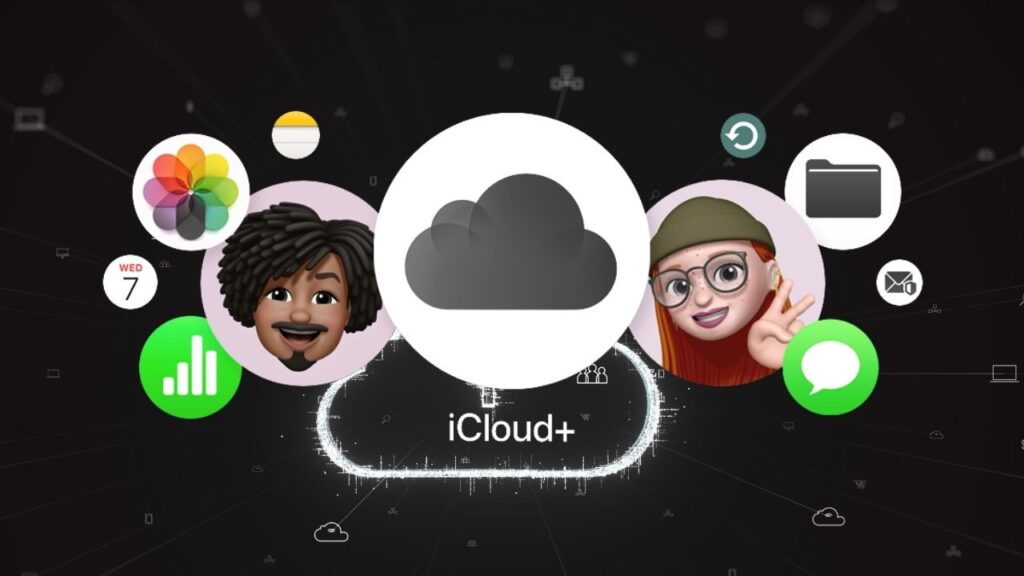Apple May Tap Anthropic or OpenAI to Reinvent Siri: Apple has long stood out for its commitment to privacy and its tradition of building core technologies in-house. But recent developments suggest the tech giant is considering a significant change: Apple may partner with leading artificial intelligence (AI) companies Anthropic or OpenAI to supercharge Siri, its digital assistant. This move could mark a pivotal moment in Apple’s approach to AI, signaling a willingness to blend its privacy-first philosophy with the most advanced AI available today.

In this in-depth guide, we’ll explore why Apple is considering this shift, what it means for users and professionals, and how it could reshape the future of digital assistants. Whether you’re a tech enthusiast, a developer, or simply someone who wants Siri to be more helpful, this article will provide clear, reliable insights.
Apple May Tap Anthropic or OpenAI to Reinvent Siri
| Aspect | Details |
|---|---|
| What’s Happening | Apple is in advanced talks with OpenAI and Anthropic to integrate their state-of-the-art AI models into Siri, moving away from a strictly in-house AI approach. |
| Why the Change? | Apple’s internal AI models have struggled to keep pace with industry leaders, prompting the company to seek partnerships for faster innovation. |
| Privacy Focus | Apple plans to run any third-party AI on its Private Cloud Compute, ensuring user data remains secure and private. |
| Timeline | Major Siri upgrades are expected to roll out in stages, with full generative AI capabilities likely in 2026 or later. |
| Leadership Changes | Mike Rockwell, formerly of the Vision Pro project, now leads the Siri team, reflecting Apple’s renewed urgency and focus. |
| Industry Impact | Apple’s shift could set new standards for privacy-centric AI and influence how other tech companies approach digital assistants. |
| Official Reference | Apple AI Announcements – WWDC 2024 |
Apple’s potential partnership with OpenAI or Anthropic to reinvent Siri represents a major evolution in its approach to artificial intelligence. By combining the power of leading AI models with its own privacy-centric infrastructure, Apple is poised to deliver a smarter, more capable Siri—without sacrificing user trust. This shift could redefine not only Siri but also the future of digital assistants, setting new standards for intelligence and privacy in the tech industry.
Understanding Apple’s AI Pivot
The Evolution of Siri
When Siri launched in 2011, it was a breakthrough in voice technology. Apple’s focus was on making Siri fast, private, and deeply integrated into the iPhone and its ecosystem. For years, Apple processed as much Siri data as possible directly on the device, minimizing the need to send information to the cloud.

But the world of AI has changed dramatically. In recent years, large language models (LLMs)—the technology behind tools like ChatGPT and Claude—have rapidly advanced, enabling digital assistants to hold nuanced conversations, summarize information, and answer complex questions. Google, Microsoft, and Amazon have all integrated such models into their products, raising user expectations for what a digital assistant can do.
Apple’s internal AI models, while robust in terms of privacy, have reportedly lagged behind these new capabilities. As a result, Apple has begun exploring partnerships with the very companies leading the generative AI revolution.
What Are Large Language Models (LLMs)?

LLMs are a type of AI trained on vast amounts of text data. They can generate human-like responses, summarize documents, translate languages, and even write code. OpenAI’s GPT-4o and Anthropic’s Claude 3+ are among the most advanced LLMs publicly available. These models are not only powerful but also adaptable, capable of learning from new data and user interactions.
Why Is Apple Considering Anthropic or OpenAI?
Internal Challenges and Delays
Apple’s own generative AI project, internally known as “Ajax,” was intended to bring Siri into the modern era. However, according to multiple reports from within the company, these models have struggled to match the performance and flexibility of competitors’ offerings. This has led to delays in Apple’s AI roadmap, with some next-generation Siri features now postponed until at least 2026.
The Need for Speed and Innovation
Apple’s leadership, recognizing the rapid pace of AI development elsewhere, has decided to move quickly. By partnering with OpenAI or Anthropic, Apple can leverage the best AI technology available today, while continuing to refine its own models in the background. This approach allows Apple to deliver smarter, more capable Siri features to users sooner rather than later.
Maintaining Apple’s Privacy Promise
One of the biggest concerns with integrating third-party AI is privacy. Apple’s solution is to run these external models on its Private Cloud Compute—secure servers built using Apple’s own hardware and software. This ensures that user data is handled according to Apple’s strict privacy standards. Apple’s privacy policy has long emphasized that “what happens on your iPhone, stays on your iPhone,” and the company is determined to maintain that trust even as it adopts new technologies.
What Could a Smarter Siri Do?
Enhanced Understanding and Context
With the integration of advanced LLMs, Siri could:
- Handle multi-step requests: For example, “Find my last vacation photos, summarize my calendar for next week, and send a message to my team.”
- Hold natural, flowing conversations: Siri could remember the context of your previous questions and provide more relevant follow-ups.
- Summarize and explain information: Need a quick summary of a news article or an email thread? Siri could do that instantly.
- Deeper app integration: Siri could interact more intelligently with third-party apps, making your phone even more useful.
Real-World Example
Imagine you’re planning a family trip. You could say, “Siri, find the best flights to Goa next weekend, book a hotel for three nights, and remind me to pack sunscreen.” With LLM-powered intelligence, Siri could handle all these steps, ask clarifying questions if needed, and even suggest activities based on your preferences.
Apple’s AI Strategy: Balancing Innovation and Privacy
The Private Cloud Compute Advantage
Apple’s Private Cloud Compute is a key part of its strategy. By processing sensitive requests on Apple-controlled servers, the company can use powerful AI models without compromising privacy. Only the data necessary to fulfill your request is sent to the cloud, and Apple’s security protocols ensure it’s protected every step of the way.

Differential Privacy and Security
Apple employs techniques like differential privacy, which adds statistical “noise” to data before it’s analyzed. This allows Apple to improve Siri and other services without ever seeing individual users’ information. Security experts widely regard Apple’s approach as among the most robust in the industry.
The Broader Industry Impact
Setting New Standards
If Apple successfully combines top-tier AI with industry-leading privacy, it could set a new benchmark for digital assistants. Other companies may follow suit, leading to smarter, safer AI experiences for everyone.
Competitive Landscape
- Google Assistant and Amazon Alexa have already integrated generative AI, raising the bar for digital assistants.
- Samsung has partnered with Google to bring Gemini AI to its devices.
- Apple’s move could force competitors to rethink their own privacy strategies, potentially benefiting consumers across the board.
What This Means for Users
Everyday Benefits
- Smarter Siri: Expect a more helpful, conversational, and context-aware assistant.
- Consistent Privacy: Apple’s privacy safeguards will remain in place, even with external AI.
- Incremental Improvements: Some features, like ChatGPT integration, may arrive in stages before the full generative AI rollout.
For Professionals and Developers
- New Opportunities: Developers will gain access to Apple’s foundation models, enabling more advanced AI-powered apps.
- Integration Challenges: Adapting to new APIs and privacy requirements will be essential as Siri’s backend evolves.
- Career Impact: Skills in AI integration, privacy engineering, and conversational UX will be increasingly valuable.
Step-by-Step: How Apple’s AI Transformation Is Unfolding
1. Internal Development and Testing
Apple’s in-house team continues to work on its own LLMs, aiming to catch up with industry leaders. This dual-track approach ensures Apple isn’t dependent on external partners forever.
2. Partnering With AI Leaders
Apple is negotiating with OpenAI and Anthropic to train custom versions of their models that can run securely on Apple’s infrastructure. This process includes rigorous testing to ensure privacy and performance.
3. Privacy-First Implementation
Any third-party AI will be deployed via Private Cloud Compute, with strict controls on data access and retention. Apple’s internal privacy teams are involved at every stage.
4. Leadership and Restructuring
With Mike Rockwell at the helm, the Siri team is undergoing changes to accelerate development and ensure accountability.
5. Gradual Rollout
- Short-term: Expect incremental improvements and possible ChatGPT integration in upcoming iOS releases.
- Long-term: The full generative AI-powered Siri is targeted for release with iOS 19.4 or later.
Apple to Drop Support for Intel-Based Software on Future Macs With Its Own Chips
Optical Chips Go Mainstream: Apple’s New AI Processor Uses Light Instead of Electricity
Amazon Unveils Project Rainier—Massive AI Chip Cluster to Train the Future of Machine Learning
FAQs About Apple May Tap Anthropic or OpenAI to Reinvent Siri
Why is Apple changing its Siri strategy now?
Apple’s internal AI models have not kept pace with industry advances, prompting the company to seek partnerships with leaders like OpenAI and Anthropic. This allows Apple to deliver smarter, more capable Siri features while maintaining its privacy standards.
Will my data be safe if Apple uses third-party AI?
Yes. Apple’s Private Cloud Compute ensures that any data processed by external AI models remains secure and private, in line with Apple’s long-standing privacy commitments.
When will the new Siri be available?
Incremental improvements are expected in 2025, with the full generative AI-powered Siri likely arriving in 2026 or later.
What does this mean for developers?
Developers will have access to new AI tools and models, enabling richer app experiences. However, they will also need to adapt to evolving APIs and privacy requirements.
How does this affect Apple’s competition with Google and Amazon?
By leveraging best-in-class AI while maintaining privacy, Apple aims to match or surpass the capabilities of Google Assistant and Amazon Alexa, setting a new standard for digital assistants.






